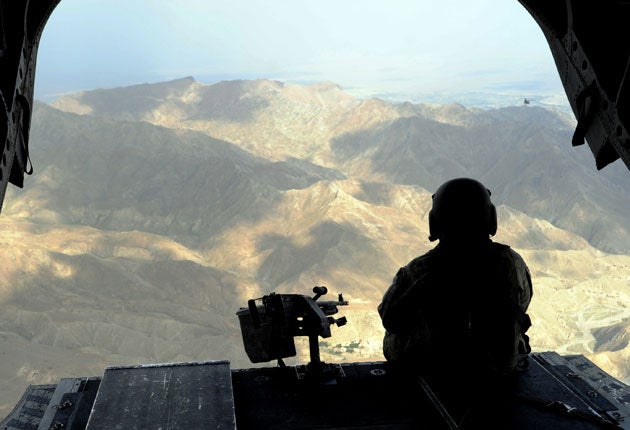Every Man in this Village is a Liar: An Education in War, By Megan Stack
A country of aching beauty and fear

Megan Stack, a foreign correspondent for the Los Angeles Times, was dispatched to Afghanistan in 2001.
Over the following decade, she travelled throughout the Middle East documenting that nebulous and ill-defined phenomenon known as the "war on terror". This brave, beautiful, sobering book is the record of her experiences. In it, she eschews journalistic objectivity in favour of something altogether more intimate and personal. She puts herself fully in the narrative, movingly recounting how her initial enthusiasm for her assignment faded as she journeyed from Iraq to Libya to Lebanon, confronting death and destruction at every turn.
Her prose registers this disillusion-ment. To begin with, her writing is sumptuously descriptive ("I was high on Afghanistan ... the aching beauty of rock and sky, the thick light smearing everything like honey"), but by the end her sentences have become compacted and muscular ("roads are death and sky is fear"), as if she has wearied of poeticising violence. Her focus on her own story means that we can lose sight of the wider course of events, but it is an approach that brings home the human cost of these conflicts in ways that conventional reportage never could. At the book's close, we find the author huddled in a hotel room, unable to forget the horrors she has witnessed. "In war," she reflects, "you can survive and not survive, both at the same time." Her words resonate long in the mind.
Join our commenting forum
Join thought-provoking conversations, follow other Independent readers and see their replies
Comments
Bookmark popover
Removed from bookmarks